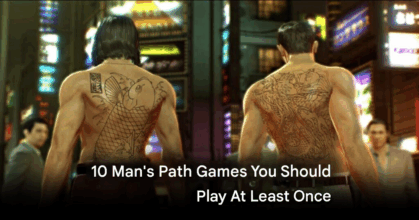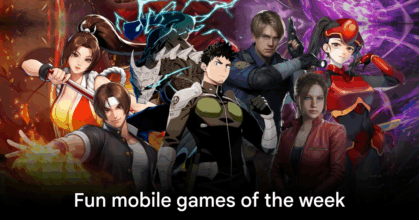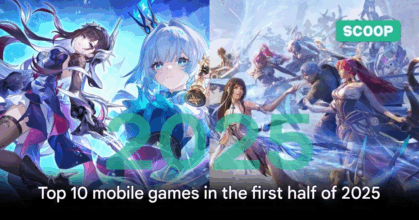Why Having Too Many Games Makes It Hard to Find One to Play
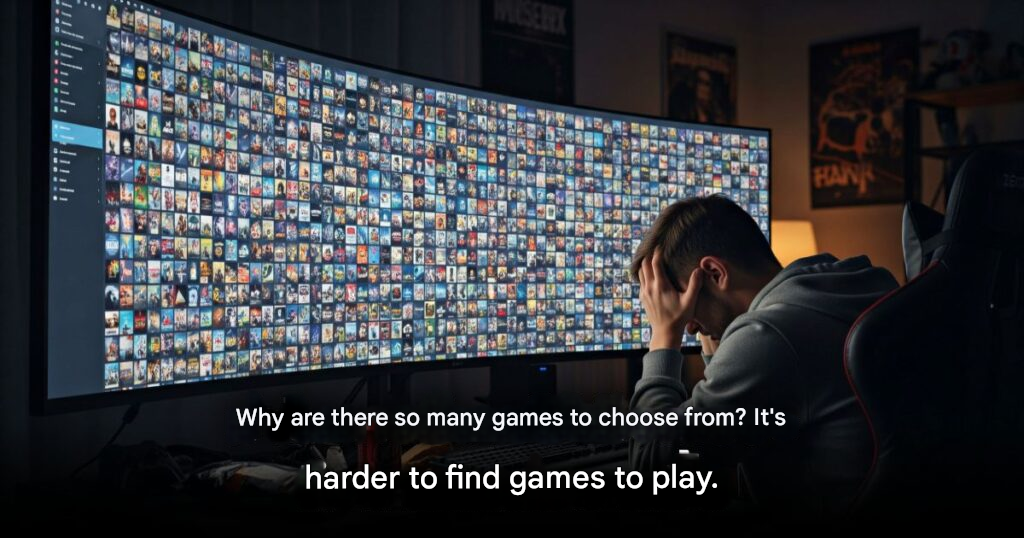
In today’s gaming world, players have access to tens of thousands of titles across mobile, PC, consoles, and web browsers. Yet, many still say, “There’s nothing to play.” This may sound contradictory, but it’s a common experience for modern gamers. Feelings of boredom, emptiness, or the sense that “there are lots of games, but none I really want to play” have become widespread. Let’s explore why having too many options can create a mental burden and make choosing a game unexpectedly difficult.
1. Choice Overload

When faced with too many options, the brain experiences “Choice Overload,” causing hesitation, confusion, and difficulty in decision-making. With thousands of action, adventure, indie, and short-session mobile games available, opening a game store or scrolling a phone screen can feel exhausting rather than exciting. Without clear criteria or motivation, the abundance of games becomes a decision-making burden instead of a source of fun, often resulting in closing the store without downloading or buying anything.
2. Fear of Missing Out (FOMO)

Another reason players struggle to choose is the fear of missing out. We worry that the game we pick might not be the best choice or that a better one will appear while we’re playing. This constant comparison reduces the joy of the game at hand and often leads to hopping between games without finishing any. Seeing friends on social media playing new titles or trending videos on YouTube only intensifies this feeling.
3. Reduced Emotional Attachment

In the past, getting a new game was significant. Players invested months learning mechanics and exploring stories, developing a strong attachment. Today, with easy access to countless games, that attachment is weaker. If a game doesn’t hook you within minutes, it’s easy to delete and move on. Players rarely invest enough time to truly appreciate a game, leading to the perception that “nothing is fun anymore,” even if they haven’t given games a proper chance.
4. External Influence from Marketing and Reviews
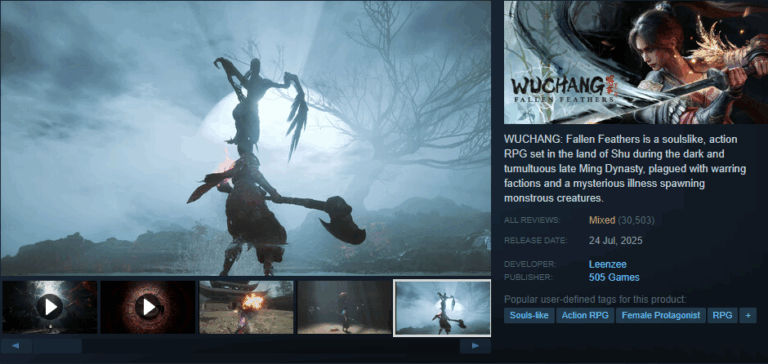
Online marketing, reviews, and influencer content heavily influence game choices. Even if a current game is enjoyable, seeing a beautifully presented new title or a trending game can make your current choice feel outdated. Excessive external influence often results in indecision, leaving players stuck in a loop of browsing stores and watching reviews without actually playing.
5. Fatigue from Starting Over

New games often require learning unfamiliar systems, from combat mechanics to menus and tutorials, which can take significant time. After finishing or being disappointed with a previous game, starting anew feels mentally exhausting. Even with plenty of options, the effort to adjust to new games becomes a psychological barrier, discouraging players from beginning a new adventure.
6. Similar Gameplay Across Titles

Despite constant releases, many games feel repetitive. Open-world games involve farming, questing, and boss battles, while mobile RPGs revolve around Gacha, leveling, and repetitive item collection. Predictable gameplay reduces excitement and discourages trying new titles, even when players still enjoy gaming, because experiences feel redundant.
7. Shortened Attention Spans and Instant Gratification
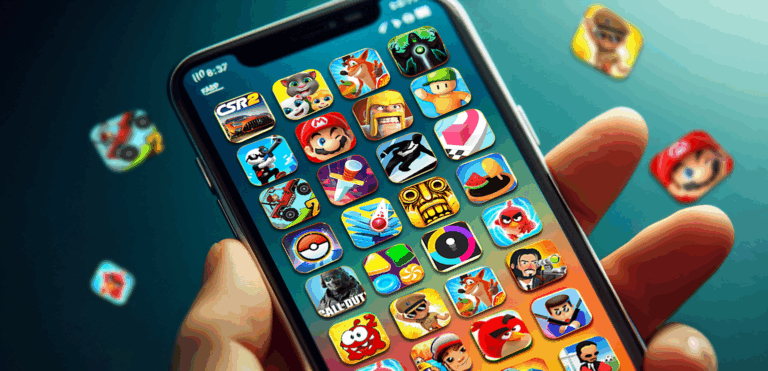
In the age of TikTok, Shorts, and instant media, players crave immediate fun and quick rewards. Games with slow storytelling or complex systems are often abandoned before they reach their peak. Comparing these to faster-rewarding games creates a pattern of shortened attention spans, making it harder to engage fully with any game.
Even with more games than ever, the abundance of options often leads to indecision, boredom, and lack of motivation. The key is understanding why you play games. Choosing from the heart instead of following trends, and reconnecting with the joy and attachment you felt with past favorites, may be more fulfilling than constantly seeking new titles. Sometimes, you don’t need a new game at all—just the familiar connection that makes gaming truly enjoyable.
Final Thought: Modern gamers are trapped in a paradox of abundance. Too many choices, constant comparisons, and instant-gratification culture make it hard to find satisfaction in any game. Reconnecting with what personally excites you, rather than chasing trends, can restore the joy of gaming and revive the emotional bond with the games you love.
Source: gamixlabs

